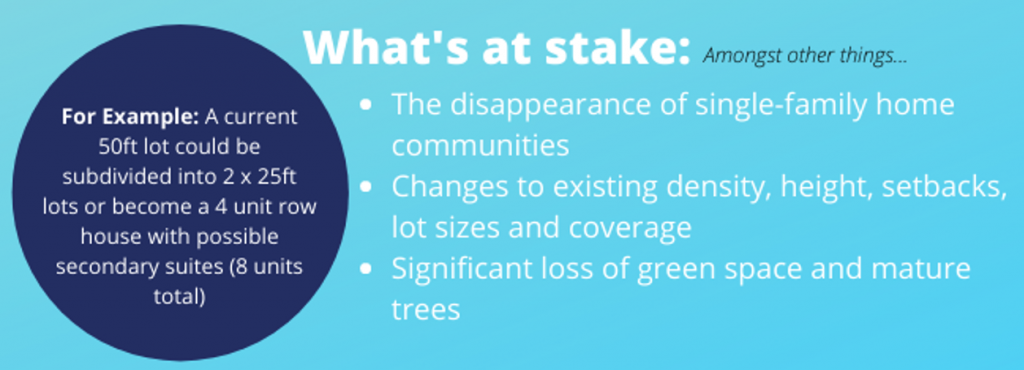On March 22nd Calgary City Council will consider approval of a new planning document called “The Guidebook for Great Communities.” If approved, this will be a statutory document.
This document could change developed communities forever. Our ability to shape future development of OUR neighbourhood hinges on delaying approval until concerns are adequately addressed.

WHAT TO DO: we need everyone to voice their concerns now!
- Attend a City of Calgary Guidebook Information Session: virtual sessions are being held on March 13th & 16th. Register at Guidebook for Great Communities (calgary.ca)
- Ask civic election candidates about their position on the Guidebook: Do they support the proposed Guidebook for Great Communities? Why or why not?
- Write a letter to the major and city councillors:
- CouncillorWeb@calgary.ca reaches all councillors
- TheMayor@calgary.ca
- cityclerk@calgary.ca
• Request to speak at the City Council Public Hearing on MARCH 22nd: You must register to speak or leave comments before noon on Monday, March 15th. Public Submission to City Clerks (calgary.ca)
• Spread the word
- Many of your neighbours may not know this is even happening. A quick call or conversation can help. See the March 2021 UHCA Newsletter (p.8).
- Forward this email – the facts and resources are all here!
- Post on your social media platform and tag your councillor on your concerns.
- Email Ward 7 directly at ward07@calgary.ca
- Send a copy of your submission to development@uhcacalgary.org
A word about the Guidebook: The Guidebook is being promoted with selectively crafted wording that suggests positive change for all communities. In reality, it is a tool for increasing density in developed communities like University Heights. The Guidebook implies that established neighbourhoods require significant reinvestment after 50 years as properties are in poor condition, population dwindling, schools are not full and businesses not supported. It justifies densification in the interests of renewal. In making those assertions, the City planners clearly are not considering the unique context of developments in and around unique communities such as University Heights. We deserve better.
